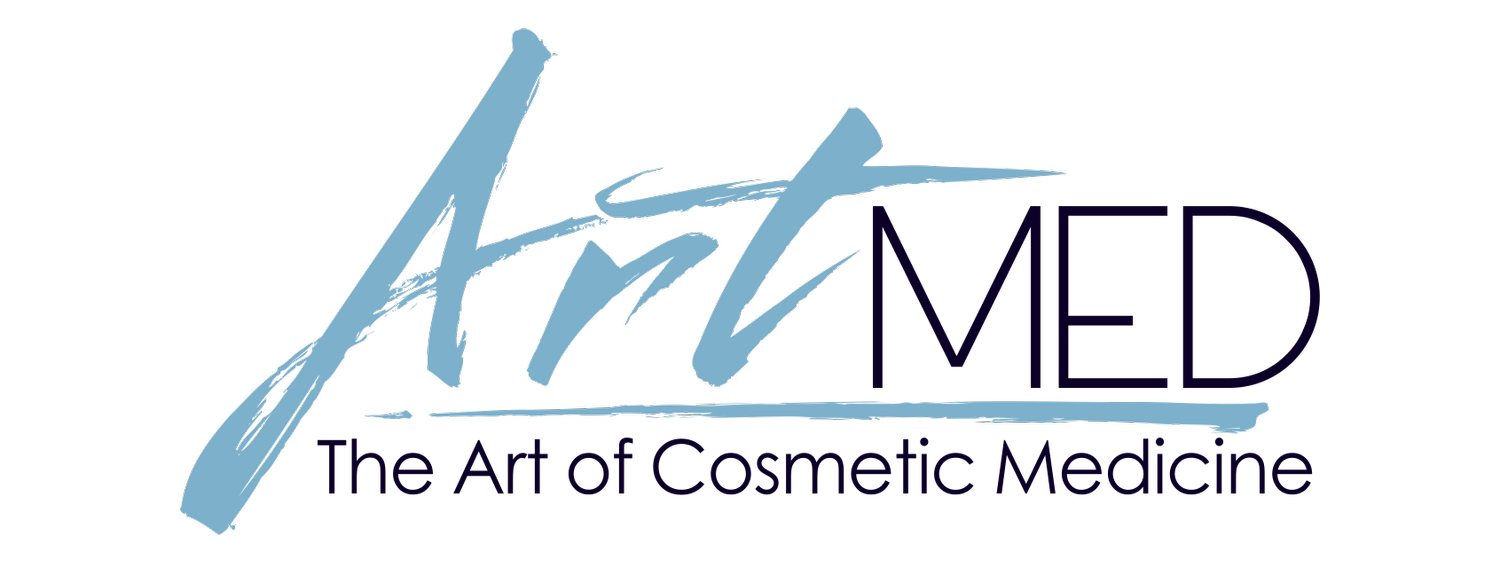Effects Of Stress On The Skin
Your skin is a complex creature. It’s behaviour and appearance is influenced by your immune system, hormone system and nervous system. Your skin is interconnected to each of these systems in a very complex way.
Psychological stress leads to the production of cortisol and adrenaline. Cortisol is the primary stress hormone for humans. Adrenaline is your fight or flight hormone which increases your heart rate, blood pressure and puts you on high alert.
In the short term cortisol will activate the immune system which can be helpful at times of stress. But chronic exposure to stress and chronically high cortisol levels may actually suppress the immune system and activate the production of adrenaline.
Your skin is very sensitive to cortisol and to adrenaline. It also makes cortisol and adrenaline itself in response to stress – a double whammy! Cortisol makes it difficult for your skin to regulate itself.
Some people are more prone to skin issues when cortisol levels rise. Others may be prone to GI issues or migraines. This individual variability in sensitivity is referred to as target organ theory.
When people are under psychological stress those with inflammatory or autoimmune conditions like acne, eczema, rosacea or psoriasis suffer more skin related issues.
What does cortisol do to the skin?
Cortisol increases oil production – increasing acne & acne breakouts
Causes your skin to be more reactive and sensitive and trigger rashes, hives and redness
Alters the lipid layer leading to dryness
Stress can lead to poor coping strategies – such as biting nails, picking or scratching
Stress alters sleep cycles which increases cortisol levels higher yet and sleep deprivations has been found to accelerate skin aging, increase skin laxity, fine lines and hyperpigmentation
Increases cravings for sugary and fatty foods; poor diet leads to deficits in proteins, vitamins and minerals essential to healthy skin function
Increases risk of infections
Delayed wound healing
Affects hair and nails – hair stops growing; falls out easily; nails become brittle or peel
What does adrenaline do to the skin?
Activates sweating which increases dehydration
Decreases blood circulation to the skin
What options do I have to help my skin when under chronic stress?
Use gentle cleansers and moisturizers; clean science products – no parabens, perfumes, dyes
Use retinols and topical exfoliants with AHA/BHA or salicylic acid
Daily use of mineral sunscreen especially zinc-based
Exercise regularly 3-4 X per week (decreases cortisol levels)
Avoid electronic screens before bedtime – at least 1 hour if possible.
Sleep 7-9 hrs per night with good sleep hygiene
Take omega 3 & 6 fatty acid supplements; Vitamin D (1000 IU), zinc (8mg) and selenium (55mg)
Meditation & massage help reduce stress
Don’t doom scroll!!
Losing hair? – avoid excessively hot water showers; wash hair less often; avoid sulphates; take supplements with Biotin for hair and nails
Don’t smoke! Smoking deprives the skin of oxygen and nutrients leading to premature thinning and aging

